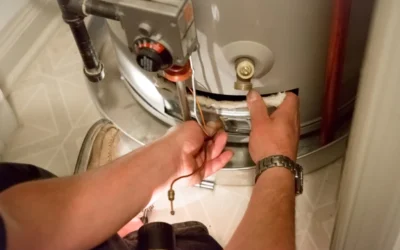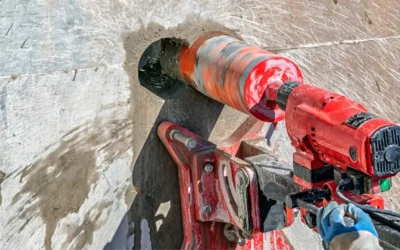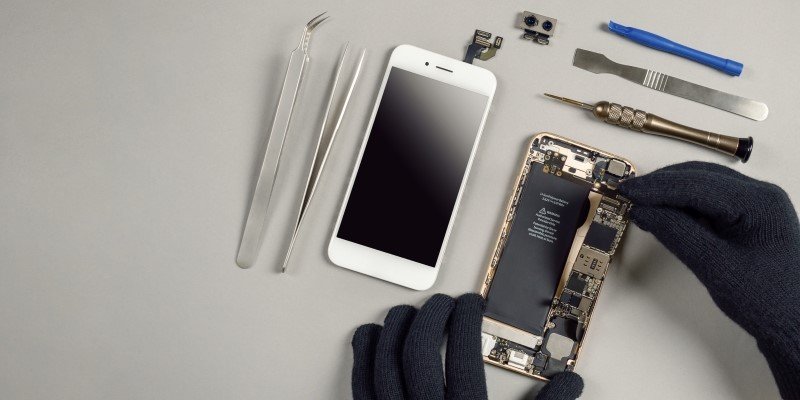Which Jio Balance Method Is Most Accurate?

Jio, one of India’s largest telecom operators, offers multiple ways for users to check their balance. While this diversity is convenient, it also raises an important question: which Jio balance method is the most accurate? With the growing number of digital services and varying user preferences, understanding the reliability and accuracy of each method is crucial. In this article, we will explore various options and evaluate them to help you choose the best one for your needs. Whether you’re using Jio for prepaid, postpaid, or data services, knowing how to check Jio balance with precision can save time and prevent service interruptions.
Why Accuracy in Checking Jio Balance Matters
Accurate balance information is essential for many reasons. For prepaid users, it helps avoid call drops or failed recharges. For postpaid users, it ensures correct billing and usage tracking. Moreover, knowing your data balance helps avoid speed throttling due to exceeding your fair usage limit. When you rely on mobile data for work, entertainment, or communication, having access to correct usage stats becomes non-negotiable.
Top Methods to Check Jio Balance
Let’s examine the most commonly used methods for checking Jio balance and assess their accuracy.
1. MyJio App
The MyJio app is the official application provided by Jio and is widely regarded as the most accurate and feature-rich method.
Pros
- Real-time updates on your main balance, data usage, and plan validity
- Detailed view of active plans, add-ons, and recharge history
- Push notifications when data is about to expire or get exhausted
- User-friendly interface and integrated support
Cons
- Requires an internet connection
- May not function properly on low-end devices or outdated OS
Verdict: Extremely accurate, as it is directly synced with Jio’s internal systems. Ideal for users who want full control and insight.
2. USSD Codes
USSD codes are quick and work without the internet, making them popular among users without smartphones or data access.
To use this method, dial:*333# – This will instantly display your main balance and validity.
For data balance via SMS, type MBAL and send to 55333.
Pros
- No data or internet required
- Works on all types of phones
- Fast and simple
Cons
- Limited information compared to the MyJio app
- Sometimes shows delayed information during peak hours
- Not effective for detailed data like plan specifics
Verdict: Generally accurate but may experience short lags or outdated info in rare cases.
3. Jio Website
Another way to check your balance is by logging in to the official Jio website.
Steps
- Visit jio.com
- Log in with your Jio number and OTP
- Navigate to “My Account” to view your balance and data usage
Pros
- Accessible via browser on both PC and mobile
- Detailed breakdown of usage and billing
- Safe and secure
Cons
- Requires login and active internet connection
- Not ideal for users in a hurry
Verdict: Highly accurate and useful for users who prefer desktop browsing.
4. IVR (Interactive Voice Response)
You can call 1991 from your Jio number and follow the IVR prompts to hear your balance details.
Pros
- Convenient for non-tech-savvy users
- No internet required
- Available in multiple Indian languages
Cons
- Time-consuming navigation
- Limited information
- May be affected by network quality
Verdict: Fairly accurate, but less efficient and slower than digital alternatives.
5. SMS Alerts
Jio also sends SMS alerts with balance and data usage details after calls, recharges, or when you approach your data limit.
Pros
- Passive and automatic updates
- No manual effort required
- Doesn’t rely on internet
Cons
- Not on-demand
- May miss messages if inbox is full or DND is active
Verdict: Useful for casual monitoring, but not reliable for exact and real-time data.
Comparing the Accuracy of Each Method
| Method | Internet Needed | Info Detail Level | Real-Time Accuracy | Recommended For |
|---|---|---|---|---|
| MyJio App | Yes | High | Very High | Smartphone users |
| USSD Codes | No | Medium | High (sometimes delayed) | Feature phone users |
| Jio Website | Yes | High | Very High | Desktop users |
| IVR Call | No | Low-Medium | Medium | Non-tech users |
| SMS Alerts | No | Low | Medium | Passive users |
Clearly, the MyJio app and the Jio website offer the most detailed and up-to-date information. These platforms are tightly integrated with Jio’s backend systems, ensuring precision and speed. If you’re wondering how to check Jio balance with maximum accuracy, using the MyJio app is your best bet.
Which Method Should You Use?
Here’s a quick guide depending on your situation:
- You have a smartphone with internet: Use the MyJio app. It’s the most reliable and has every detail you’ll need.
- You use a feature phone: Stick to USSD codes like
*333#and SMS options likeMBAL to 55333. - You’re at work on a computer: Log in via the Jio website for a comprehensive overview.
- You’re not comfortable with apps or websites: Use the IVR method (call 1991) to get essential info without tech hassles.
- You want passive updates: Enable SMS alerts and recharge notifications.
Tips to Get the Most Accurate Jio Balance Info
- Always use updated versions of the MyJio app to avoid bugs or lag in info display
- Check your balance when you’re connected to Jio’s network rather than Wi-Fi
- Avoid relying solely on SMS alerts for data usage; they can be delayed
- When using the website or app, ensure proper login to access personalized account details
- For dual SIM phones, make sure you’re using your Jio SIM slot when dialing USSD codes or sending SMS
Final Verdict
The most accurate method to check Jio balance is using the MyJio app, closely followed by the official Jio website. These platforms offer comprehensive, real-time insights that are synchronized directly with Jio’s internal systems. USSD and IVR are still useful for basic needs or users without internet, but they may lack detail and speed. When accuracy is a priority, especially during travel or work, going digital is the smartest approach.











